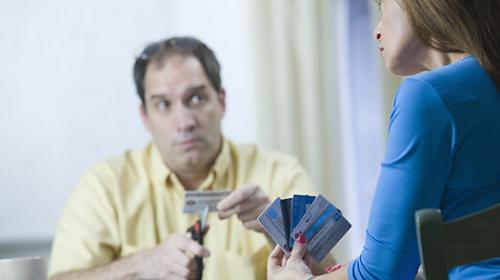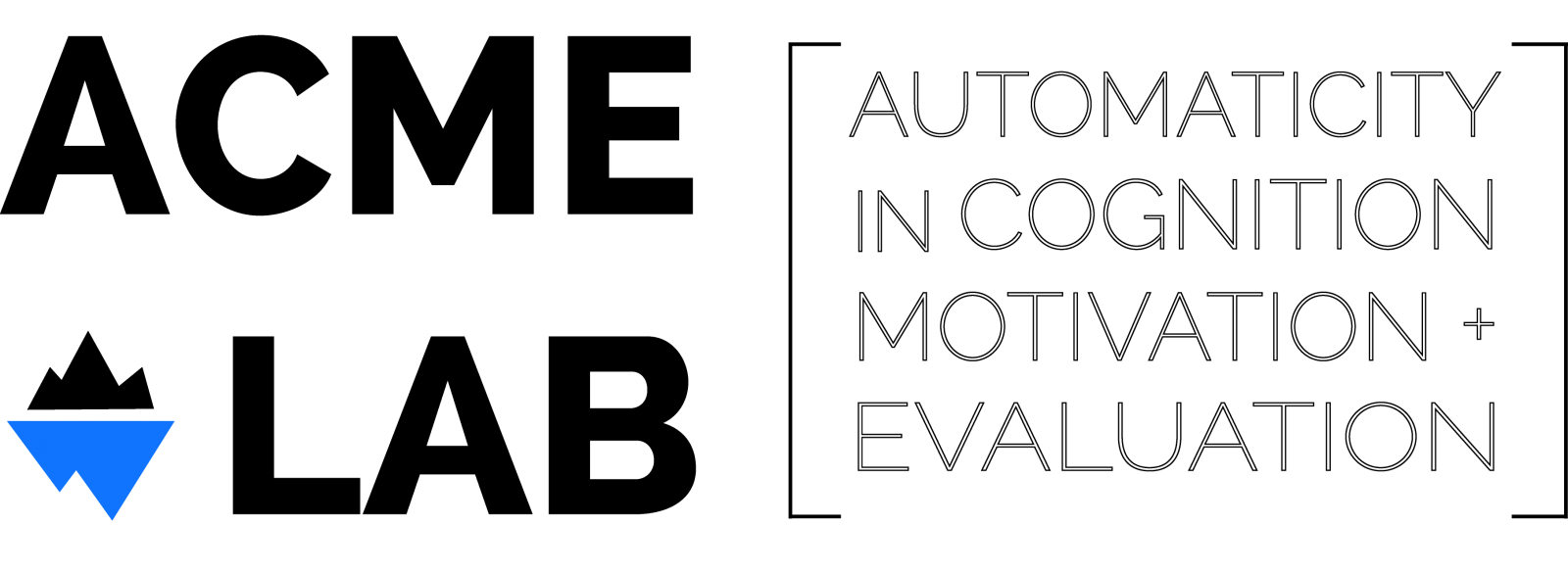
Research by Ackerman and Bargh Featured in TIME
Forgoing things you want to buy is tough. Watching others do it only makes it tougher. Eventually, a new study suggests, your self-control will give way to your credit card.
The recession has demanded great self-control from many Americans. Even those who haven’t lost everything are spending less. Middle-class consumers who used to splurge occasionally are trading Armani for the Gap, and cable subscriptions for library cards. That’s understandable — fear begets caution — but will rich Americans, who are also cutting back, return to their extravagant ways?
There are at least two answers to this question. One is that Americans with money are the kids in the global candy store; they want everything, and they buy everything, laying waste to the environment and helping enact political policies that help the rich get even richer. In this model, rich Americans will never give up their God-given right to buy a hulking new six-burner range even if they never cook.
Another answer — one recently featured on TIME’s cover — is that because this recession is so serious, everything after it could change. The rich might stop being so greedy, and some high-minded form of anti-consumerism might flourish. (See the best business deals of 2008.)
Social psychologists study this sort of question for a living, and unfortunately for the idealists, academic research shows that greed will never die and excess will never end. In fact, as the recession deepens — and as the rich hear more and more stories of once secure Americans having to forgo everything from new clothes to basic health care — the wealthy will almost certainly start to spend again, and with renewed avidity. Why? Not because the rich are greedy but because they are human.
Social-psychology research shows that we all share a universal trait: after periods of self-denial and self-control, we want to give in to our base desires. That’s true even when we merely witness others having to cut back and go without.
A great deal of research in the past decade has shown how this process works. In 2000, psychologists Mark Muraven and Roy Baumeister published an influential paper in which they observed that self-control is like a muscle: it weakens after you use it. For example, say you exert self-control by avoiding strawberry shortcake and opting for asparagus instead. Now your self-control is enfeebled, so rather than turning to that Tolstoy novel you vowed to finish, you watch a Simpsons rerun instead. Your self-regulatory resources can also be expended by, for instance, taking a test or enduring a loss. Depleted self-control is why, after an unusually hard day at work, you give in to a third martini when you would normally stop at two.
A new study published in the journal Psychological Science sheds more light on this phenomenon by showing how we respond when we watch others exercise self-control, as so many of us are watching fellow Americans cut back in the recession. The authors of the study — psychologists Joshua Ackerman and John Bargh of Yale and social psychologists Noah Goldstein and Jenessa Shapiro of the University of California, Los Angeles — wondered whether people’s self-control might be drained vicariously, just by imagining others having to resist temptations.
Previous studies have shown that external behaviors can be contagious — for instance, seeing another person shake his foot can cause you to shake yours, even if you don’t realize you’re doing so. Also, test subjects who mentally simulate a person stubbing his toe often grimace and even feel a bit of phantom pain. So do these same principles apply to the act of self-control?
To answer the question, the authors of the paper replicated an experiment from an important 2007 Journal of Consumer Research study. That paper (here’s a PDF) found that people whose self-control had been depleted by taking a demanding test were willing to spend more on items like watches and cars than those who didn’t take the test. The Yale and UCLA researchers changed the experiment by having their test subjects read a sad story before putting a value on the same consumer goods. In the story, a struggling waiter arrives at his fancy restaurant hungry, but he can’t eat a single bite lest he be fired. Half the study participants merely read the story; the other half were instructed to “take the perspective of the [waiter]. That is, try to imagine yourself in his shoes.”
Sure enough, those who imagined themselves in the waiter’s shoes lost some of their self-control. They were willing to spend significantly more on the watches and cars than those who read the waiter’s tale without being instructed to empathize.
There may be a physiological as well as a psychological process at work here. A leading theory is that exercising self-control is so hard on your brain that, like physical exercise, it depletes glucose levels, making you feel weaker. It’s possible that imagining someone who has to exert self-control, and feeling their misery, tricks your brain into believing that your own glucose levels have declined. As the study says, this trick would, “in effect, set one’s internal fuel gauge to ‘low’ [even if] there is still plenty of fuel left in the tank.”
The practical implication is that when Americans who are still fully employed really start to empathize with the pain of those who are struggling, they will feel weaker, and they will go out and start spending. Right now, fear may be overwhelming the empathy-glucose response. But at some point, the rich will give in and open their wallets again — not because they are especially greedy, but because they vicariously feel the pain of going without.
